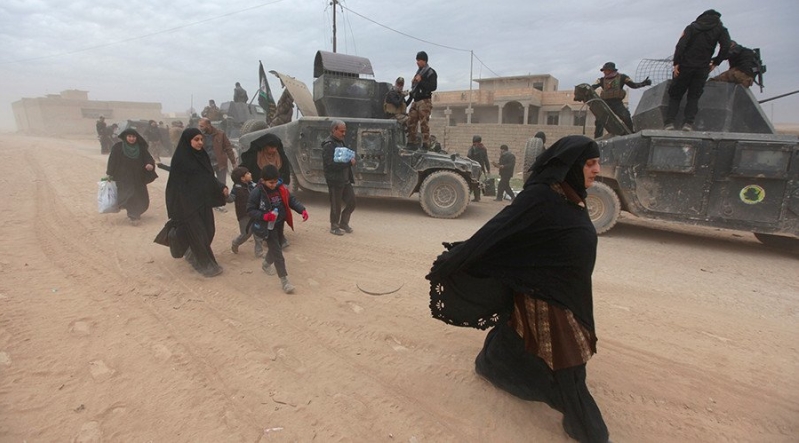
The United Nations stated that the city of Mosul no longer has access to running water, due to the fact that one of the major pipelines was destroyed Iraqi soldiers fought against ISIS. It's impossible to repair at the moment as the damaged pipeline is in an area of the city that is controlled by the group.
According to officials and witnesses, as reported by CNN, the ISIS has apparently a more sinister agenda as they have cut off the water supply to other neighborhoods, especially those that are near the frontline, stated by Zuhair Hazem al-Jabouri. He is an official of the Mosul City Council in charged with the city's water and energy services.
"They (ISIS) cut the electricity to the water stations that feed several neighborhoods where Iraqi troops are advancing," Jabouri said. "They are depriving people of drinking water in eastern Mosul. They want to force people to retreat with them in order to use them as human shields."
Lise Grande, UN humanitarian coordinator in Iraq that this is the pattern of the ISIS. They will use basic needs such as food and water to coerce the population into the line of fire. While the Iraqi forces are fighting to protect the civilians, the ISIL/ISIS are hurting people. A spokesman for Iraq's counterterror forces has stated that ISIS is deciding when the water access will be opened for others.
Izzedin Aldola, a member of the Iraqi parliament is calling on international organizations to help the situation in Mosul, Iraq's second-largest city. While news that the area is now completely surrounded by Iraqi forces is favorable in stopping the ISIS, it also means that there are hundreds of thousands of civilians trapped inside the city that lack access to food, water, electricity and health care.
ISIS first took control of the city in 2014, and due to the water problem, some residents have taken to building makeshift wells instead, but the process is long, tedious and expensive.






